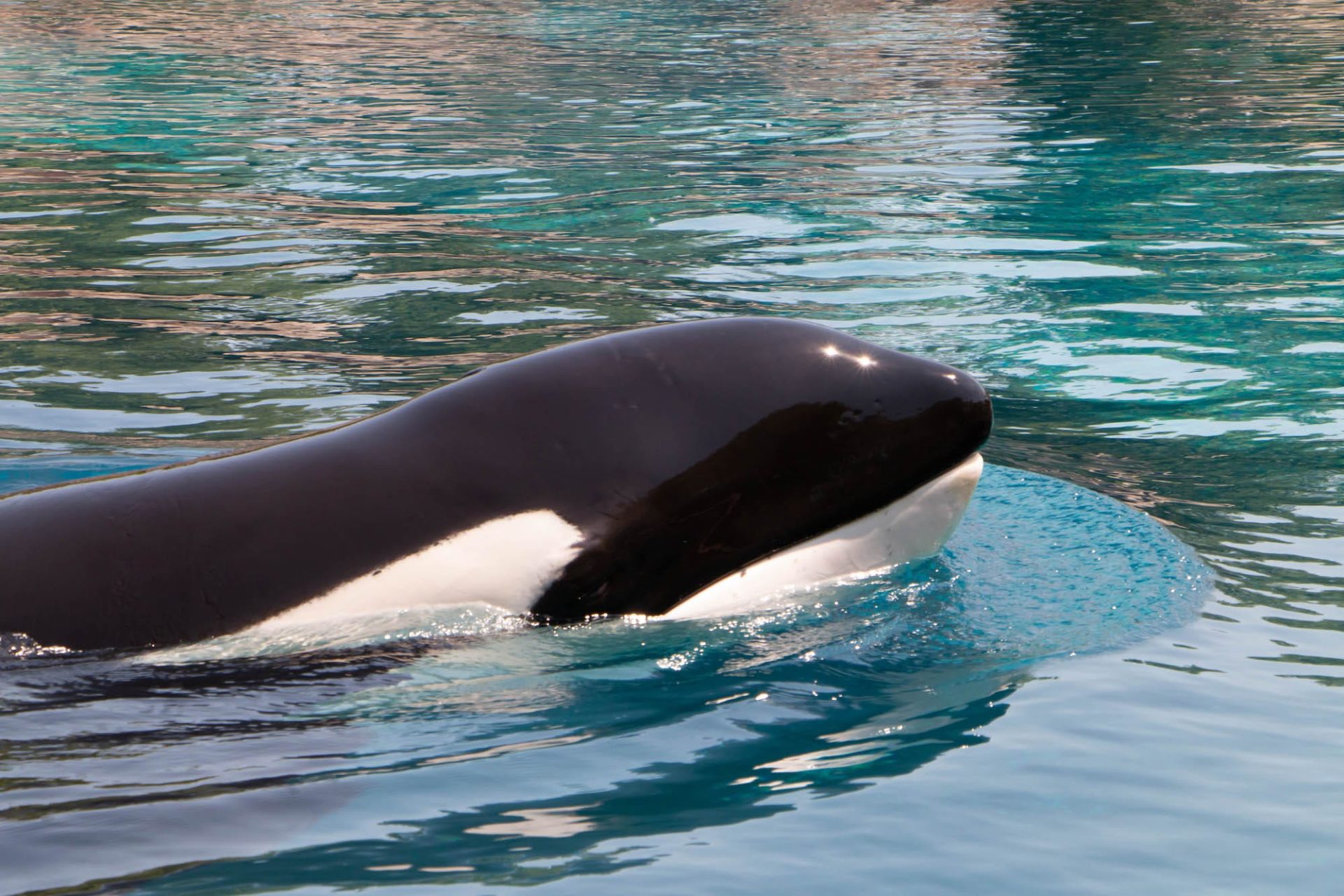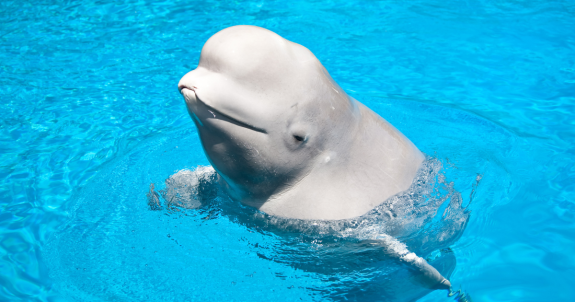Another Marineland beluga whale that moved to the US has died. In May 2021, five belugas were transferred from Marineland to Mystic Aquarium in Connecticut. Despite assurances from the companies involved that they were healthy and fit for travel, Mystic later conceded that some were already suffering from health issues at the time of transfer. Since their arrival, three young whales have lost their lives: Havana in March 2022, Havok in August 2021, and now, Kharabali has also passed away. Another beluga, Jetta, spent a full year under critical care but has since reportedly recovered.
The cause of Kharabali’s death is not yet known. However, Mystic Aquarium has reported that the beluga exhibited abnormal swimming behaviour in November, leading to her transfer to intensive care in early December. The aquarium staff claim Kharabali had ‘multiple health issues’ before her death.
While the details surrounding Kharabali’s death remain uncertain, scrutiny from the US Department of Agriculture (USDA) sheds light on the challenges previously faced by the aquarium’s beluga whales. According to NBC Connecticut, the department conducted an inspection in September 2021, following the death of Havok, a 5-year-old male. The report highlighted significant concerns regarding the care of not only Havok but also the other four whales that were transferred. It was found that Mystic Aquarium failed to provide adequate veterinary care during Havok’s final eight hours, despite staff noting his unusual behaviour and signs of distress. Furthermore, the report criticized the handling of an incident where a foreign object fell into the pool, leading to Havok injuring himself, a situation exacerbated by his known vision impairment, nervous disposition, and history of swimming into tank walls.
Troubling Welfare Violations at Mystic Aquarium
Reports from the National Oceanic and Atmospheric Administration (NOAA) stated that Havana’s cause of death was unpreventable, but according to CT Insider, Mystic had already been issued five violations leading up to her death, three of which were considered critical. One violation noted consistent water quality issues, while the others encompassed veterinary care, animal handling, and the facilities. The USDA followed up again in January, and the findings revealed that, despite being under medical supervision, there were several instances where the levels of coliform bacteria in Havana and Jetta’s pools, indicating the presence of fecal matter, significantly exceeded USDA standards.
In 2019, Animal Justice played a pivotal role in banning the captivity and breeding of whales and dolphins in Canada. This groundbreaking new law protects cetaceans from suffering in tanks in the future. Unfortunately, the whales and dolphins currently in captivity would remain at their facilities due to a lack of alternatives—they wouldn’t be able to survive in the wild, and while a whale sanctuary is in the works in Nova Scotia, it’s not yet ready to accept whales.
The situation for Canada’s captive marine mammals is incredibly dire, at Marineland, over a dozen whales and dolphins have died since 2019. These losses, of which a cause of death remains unclear, include the early 2023 deaths of Kiska the lone orca, Ikora the beluga, Bull the beluga, Kodiak the beluga, and Sonar the dolphin.

Prior to Kiska’s death, Animal Justice had filed multiple legal complaints regarding her welfare, driven by disturbing footage that highlighted her distress. With the continued suffering of cetaceans from Marineland, we urgently call for your support. We ask you to join us in pressuring provincial authorities to release the results of Kiska’s post-mortem publicly and to prosecute Marineland for the evident distress Kiska endured in her final years.




